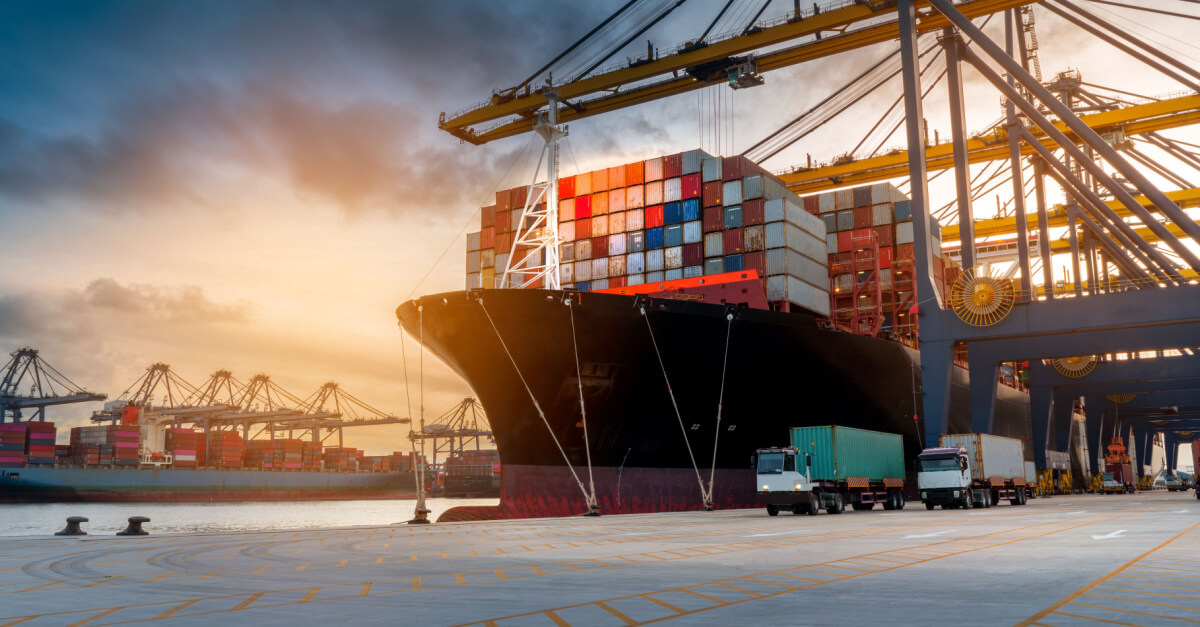Navigating Global Shipping Delays: Effective Solutions for Smooth Operations

As a business owner, I have come to understand the significant impact that global shipping delays can have on our operations. These delays can lead to increased costs, missed deadlines, and unhappy customers. It is crucial to have a solid understanding of the factors contributing to these delays in order to navigate them effectively.
One of the primary reasons for global shipping delays is congestion at ports. With the increase in international trade, ports often need help to handle the volume of incoming shipments. This can result in delays in unloading and processing containers, causing a ripple effect throughout the supply chain. Labor disputes, customs inspections, and natural disasters can further exacerbate the situation.
Table of Contents
Impact of global shipping delays on businesses
The impact of global shipping delays on businesses cannot be overstated. These delays can disrupt production schedules, leading to a shortage of inventory and an inability to fulfill customer orders. This not only affects revenue but also damages the business’s reputation. Customers who experience delays in receiving their orders are likely to seek alternatives, losing customer loyalty.

Furthermore, the increased costs associated with global shipping delays can eat into profit margins. Businesses may need to pay additional fees for storage, expedited shipping, or alternative transportation methods to overcome the delays. These added expenses can quickly accumulate and significantly burden the bottom line.
Common causes of global shipping delays
Understanding the common causes of global shipping delays is essential for developing effective solutions. Some of the most common causes include:

- Weather-related disruptions: Natural disasters such as hurricanes, typhoons, or heavy snowfall can disrupt shipping routes and delay shipments.
- Congestion at ports: As mentioned earlier, ports can become overwhelmed with the volume of incoming shipments, leading to delays in unloading and processing containers.
- Labor disputes: Strikes or labor disputes among port workers or transportation providers can bring shipping operations to a halt.
- Customs delays: Stringent customs inspections and paperwork requirements can cause delays in clearing shipments at ports of entry.
- Infrastructure limitations: Inadequate infrastructure, such as outdated port facilities or a lack of transportation infrastructure, can hinder the smooth flow of goods.
Solutions for mitigating global shipping delays
To mitigate the impact of global shipping delays, businesses must proactively seek solutions. Here are some effective strategies to consider:
Effective communication with shipping partners
Maintaining clear and open lines of communication with shipping partners is crucial. Regularly communicating with carriers, freight forwarders, and logistics providers can help identify potential delays and find alternative solutions. Establishing solid relationships with these partners can also lead to better prioritization of shipments during times of high demand.
Utilizing alternative shipping routes and methods
Diversifying shipping routes and methods is another effective solution. By exploring alternative routes or modes of transportation, businesses can bypass congested ports or regions experiencing delays. This may involve using air freight instead of sea freight or leveraging intermodal transportation to combine different modes of transport.
Optimizing inventory management and forecasting
A robust inventory management system is essential for effectively navigating global shipping delays. By accurately forecasting demand and maintaining optimal inventory levels, businesses can minimize the impact of delays on customer satisfaction. Implementing just-in-time inventory practices and collaborating closely with suppliers can help ensure timely replenishment.
Implementing technology solutions for tracking and monitoring shipments
Leveraging technology solutions for tracking and monitoring shipments can provide real-time visibility into the movement of goods. Advanced tracking systems, GPS-enabled devices, and supply chain management software can help businesses proactively identify potential delays and take immediate action to resolve them. This level of visibility enables better decision-making and enhances overall supply chain efficiency.
Building solid relationships with suppliers and manufacturers
Developing solid relationships with suppliers and manufacturers is vital for managing global shipping delays effectively. By fostering open lines of communication, businesses can gain insight into potential delays and work together to find solutions. Also, establishing long-term partnerships can lead to preferential treatment during high demand or limited capacity.
FAQs
1. How are businesses handling the challenges of global shipping delays?
Businesses are adopting a multifaceted approach to handling the challenges of global shipping delays. This includes implementing the solutions mentioned above, closely monitoring industry trends, and being proactive in identifying potential disruptions. Collaboration with shipping partners and suppliers is crucial for finding alternative solutions and minimizing the impact on operations.
Conclusion
Global shipping delays pose significant challenges for businesses. However, by understanding the causes of these delays and implementing practical solutions, companies can navigate through them and maintain smooth operations. Effective communication with shipping partners, exploring alternative shipping routes, optimizing inventory management practices, leveraging technology solutions, and building solid relationships with suppliers are just a few of the strategies that can help mitigate the impact of global shipping delays. By being proactive and adaptable, businesses can ensure that their operations continue to run smoothly, even in the face of shipping challenges.






